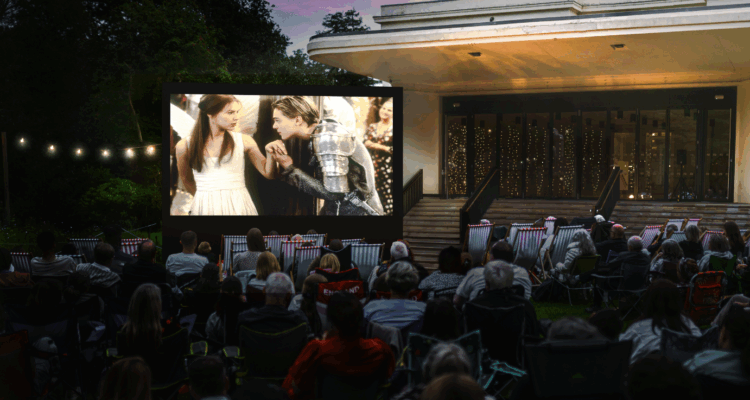UK ranks low on the reading for pleasure scale
As a nation, the United Kingdom could come top (or at least very near the top) of many tables, lists or polls. Perhaps we could win out for loving to talk about the very inconsistent weather, or for having a superhuman ability to withstand a great deal of waiting. Certainly, our homegrown authors frequently populate the polls when it comes to marking the greatest writers of all time; from Austen to Woolf, Shakespeare and Dickens to JK Rowling. However when it comes to reading rather than writing, it seems that we’re falling behind somewhat.
A recent report published by the Organisation for Economic Co-Operation and Development showed that school children in the UK rank considerably low when it comes to reading for pleasure, the country being placed 47th out of 65 nations in a table based on the percentage of students who read regularly for enjoyment. According to the PISA in Focus study which examines the results of assessment tests taken by students worldwide in 2009, just over 60% of students from the UK aged fifteen said that they read for pleasure, whether it be fiction, non-fiction, newspapers, magazines or comics. Emerging at the top were Kazakhstan, Albania, Shanghai-China and Thailand, where more than 90% of pupils of the same age reported reading for the sheer enjoyment of doing so. Not far behind are Indonesia and Peru, on 88% and 86% on the reading for pleasure scale respectively.
The low placement of the UK on the table translates to the country’s teenagers being below average compared to those from other developed countries when it comes to reading for pleasure – the average percentage of 15 year olds who read for fun for at least half-an-hour daily coming out at 63% in the OECD study. Overall, the figures mean that four in ten teens in the UK are not reading for their own personal enjoyment outside of the school gates – which totting up the total, works out at a rather concerning figure. Commenting on the report, Andreas Schleicher from the OECD’s education directorate said:
“Better readers not only perform well in school, they grow up to become adults who use their reading skills to make sense of the world around them and continue learning throughout their lives. But for many students around the world, that cycle appears to have broken.”
Debates could rage on for an age about the reasons why young people here are less attracted to reading than their counterparts from other countries or precisely how to go about raising the reading for pleasure figures, but certainly there is no shortage of great books around – both classic and contemporary – to get teenagers excited about reading. Sometimes all it takes is a little encouragement, as well as someone to share to the reading experience with, to find the reader within a young person. Our ever-growing work with young people has shown that once they begin, they do enjoy reading in their own time – and a significant number find life-changing benefit in it. Although, whether picking up a book is a simple pleasurable pastime or whether the words go much deeper, we hope that our Reading Revolution can reach and affect many more young people – and perhaps help bump that figure a little higher up the table…
Share
Related Articles

Storybarn Book of the Month: Saving the Butterfly
This month, as part of Refugee Week (16-22 June), we've been taking a look back at one of our favourites…

Open Air Cinema and Theatre FAQ’s
If you were able to snap up tickets to our Open Air programme this summer, check below for any queries…

New Liverpool open air cinema brings movies to the Mansion
NEW FOR 2025: Eight handpicked films will hit the big screen in Calderstones Park this summer as national Shared Reading…


